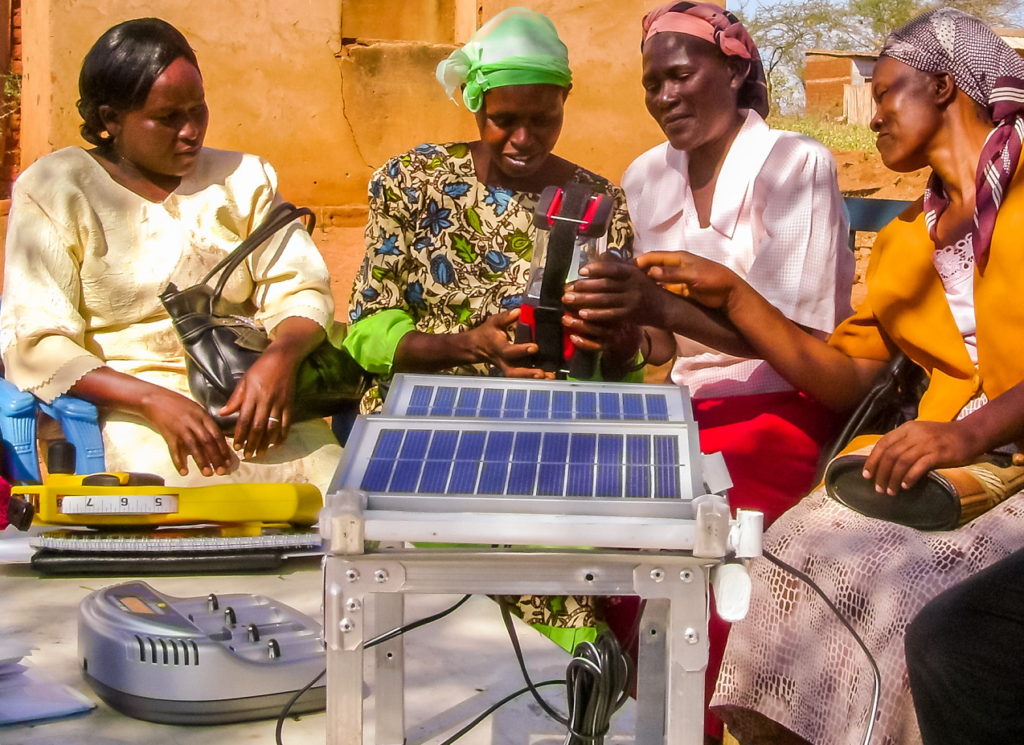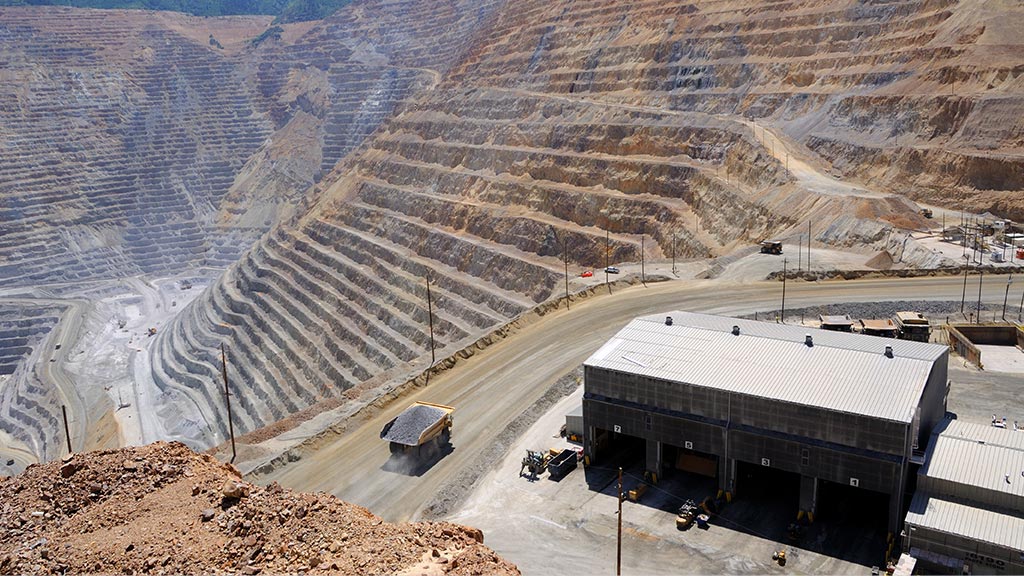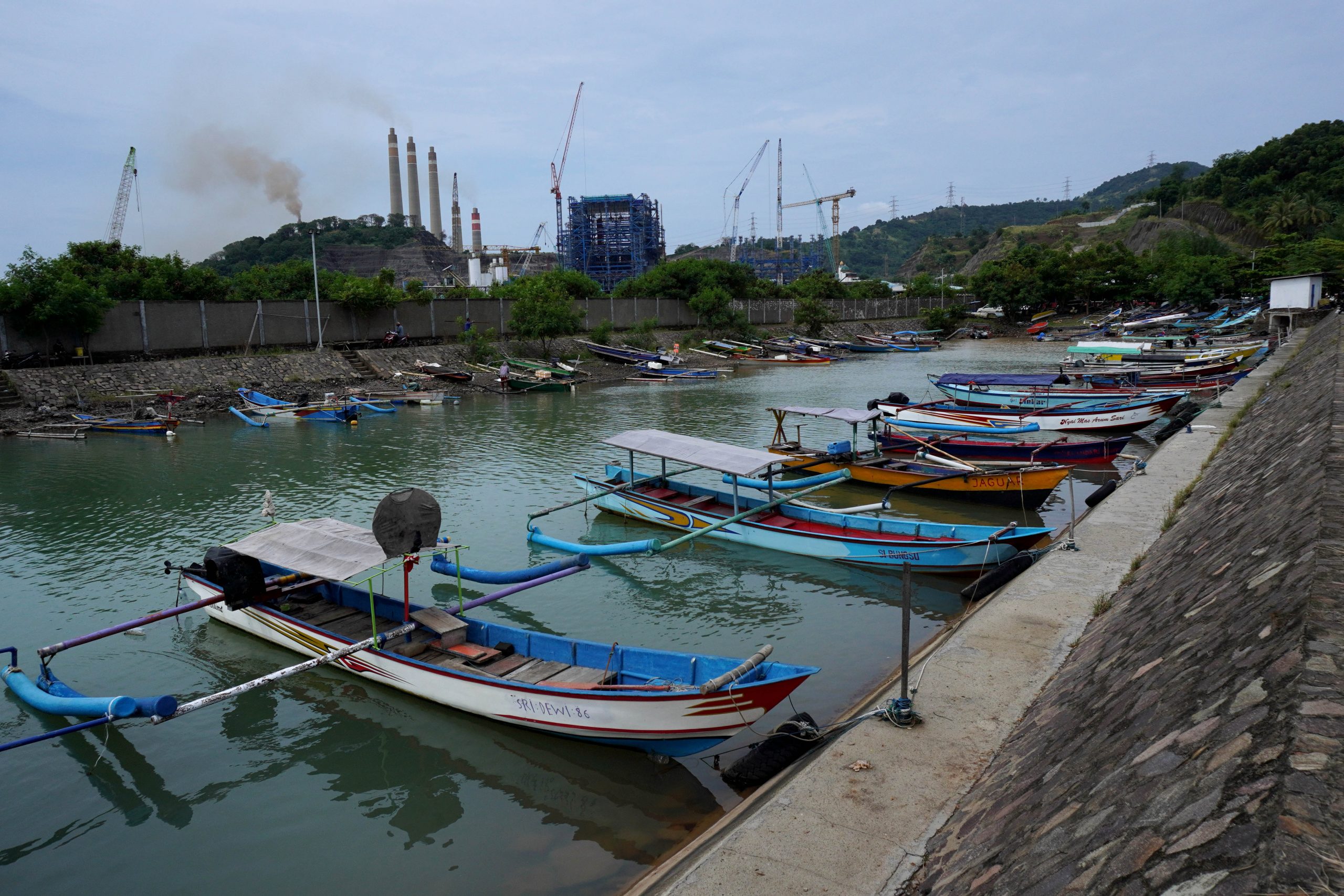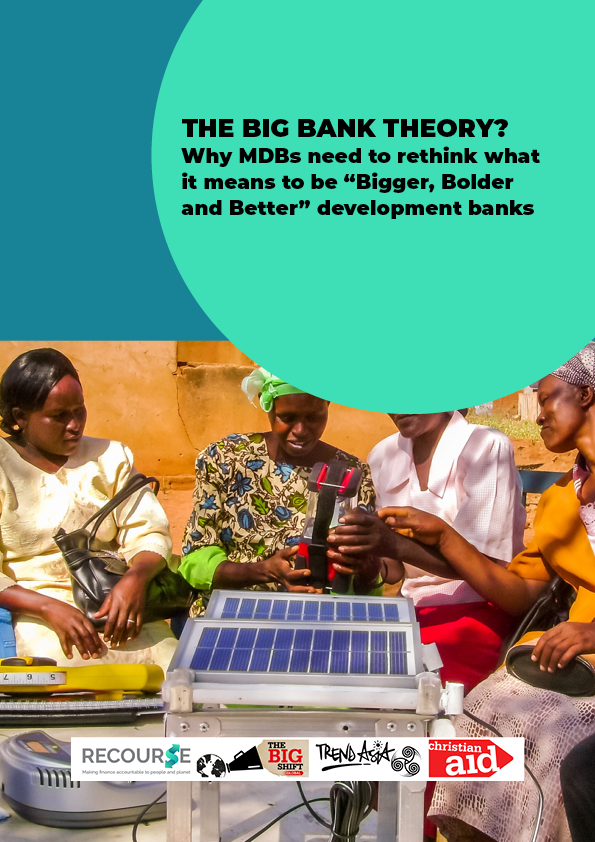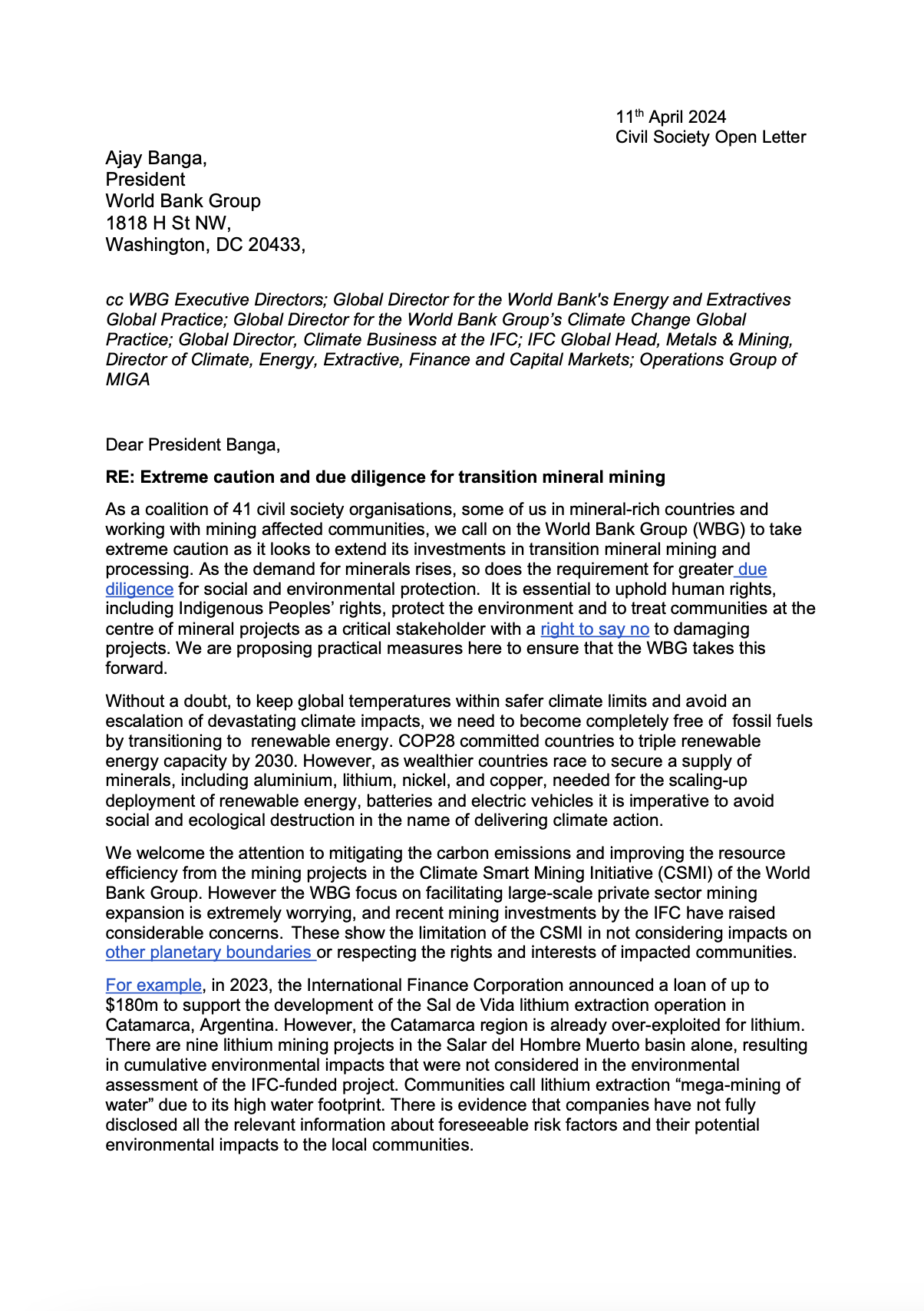The International Monetary Fund
Alongside the World Bank, the International Monetary Fund (IMF or ‘the Fund’) was founded in 1944 as part of the efforts to rebuild following the Second World War. Its mandate was to promote international economic cooperation and ensure that the economic and financial instability of the inter-war period would not re-emerge to threaten the peace.
The Fund’s work comprises lending, surveillance and capacity development. The IMF provides loans to its members only when they are unable to access financing from private or other sources and are experiencing or close to a financial crisis. A crisis means balance of payments problems, often experienced as a collapsing currency or an inability to repay national debts. Under Article IV of its Articles of Agreement, the IMF annually reviews the risks and economic challenges each member is facing. This surveillance is also conducted globally, via twice-yearly in-depth reports on the health and stability of the world economy and the global financial system. The IMF is also a resource to its members who can request technical assistance and training in core economic policies via the IMF’s capacity building programs.
The Fund is led by a managing director, appointed by and selected from European nations as consequence of tradition, though formally it is an election process. The current MD is Kristalina Georgieva, a Bulgarian national whose 5-year term began in October 2019. The role of the MD is to chair the executive board and oversee the Fund’s operations on their behalf.
The IMF has grown to be a $1 trillion US dollar fund to support countries in financial and economic difficulty via lending. It is owned by its 190 country members, virtually every nation in the world. Its executive board has 24 seats, allocated to the biggest members and country groups, or constituencies. Membership and voting power over decisions is based on the financing each member commits to provide to the Fund. The amount of financing is determined by a quota formula that is updated every few years and aims to reflect both economic size and economic inter-connectedness of the member state. This may sound rather democratic, but the reality is somewhat different. The richest countries use their larger shareholding and votes to impose their will on others, with the United States’ vote share alone being sufficient to veto any major decision.
Poor governance leads to poor performance
When the IMF lends to countries in need of emergency financing the loan comes with strings attached called conditionalities. These are to ensure the IMF gets repaid and – at least as far as the IMF staff and its executive board are concerned – to put the country on the path to economic recovery. For decades civil society has challenged the IMF’s lending. Civil society has argued that IMF loan conditionalities are not technocratic but determined by the political considerations of its most influential board members in the global north and beholden to unacknowledged ideology (such as the ‘Washington Consensus’ policy approach of the 1990s) that elevates private sector and market considerations above the needs and rights of citizens, threatening equality and a sustainable planet for generations to come.
The IMF board is an executive body, so loans and other major operational decisions are made by the executive board members, not by the IMF’s management or staff. This unbalanced governance hands huge influence to richer countries with bigger shares – such as the ‘major shareholders’ including the United States, Japan, Germany, France and Great Britain who each directly appoint their own representative to the board. Meanwhile African states are represented through just two board positions because poorer member states’ presence on the board is in constituencies that can include over 20 member states that one executive director represents. Though IMF’s decision making is supposedly determined based on vote share in practice voting hardly ever takes place. Instead ‘consensus’ amongst the unequal members of the board is prioritised. This reinforces the disproportionate voice and influence of the ‘major shareholder’ countries.
Recourse’s work on the IMF:
Recourse conducts research and advocacy on the IMF due to its profound impact on countries’ economic decisions that affect policy issues far beyond the economic sphere.
Recourse has been working with partners and allies since 2019 to challenge how the IMF interprets its climate-related responsibilities. Recourse has sought to expose and document the IMF’s lending, capacity building and surveillance has undermined countries’ efforts to transition away from fossil fuels in a just and equitable fashion. The IMF’s influence is broad. Recourse’s work with partners has examined the work of the IMF in Indonesia, Mozambique, Vietnam, the Maldives, the Philippines, Mongolia amongst others.
The last decade of financial crises followed by a global pandemic has brought the IMF’s importance to the fore. As of March 2022 over $170 billion USD in loans were active to 90 members, nearly half the entire membership, a figure elevated by the Fund’s emergency lending in response to the economic challenges created by the Covid-19 pandemic.



